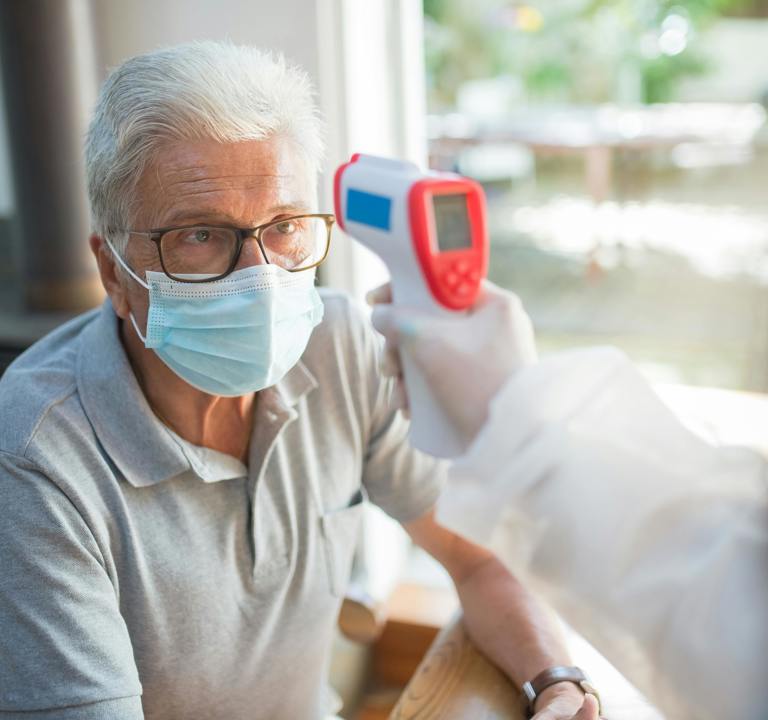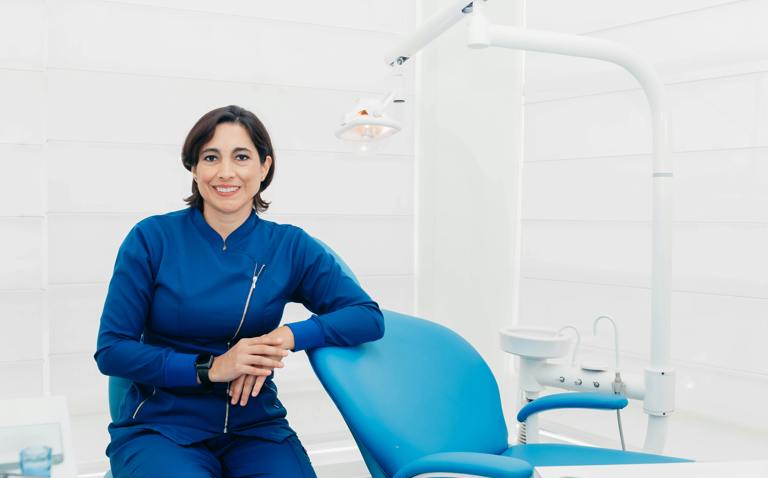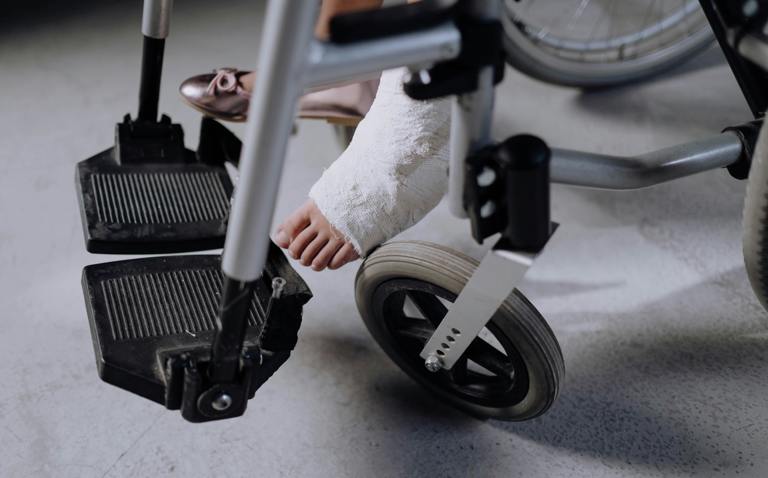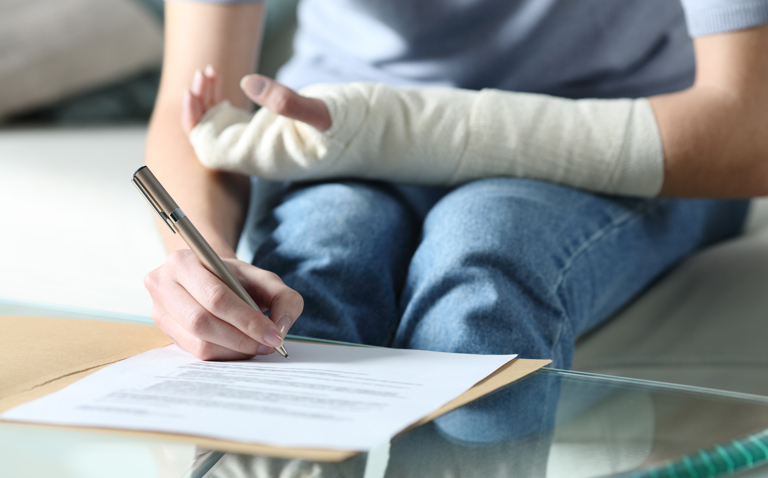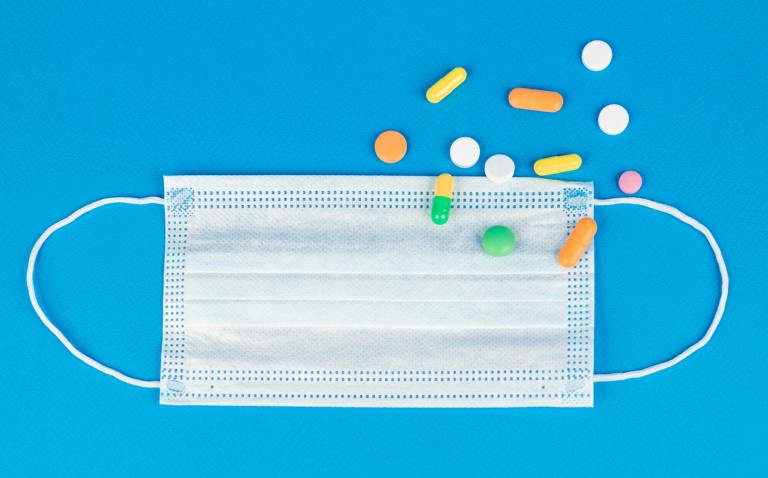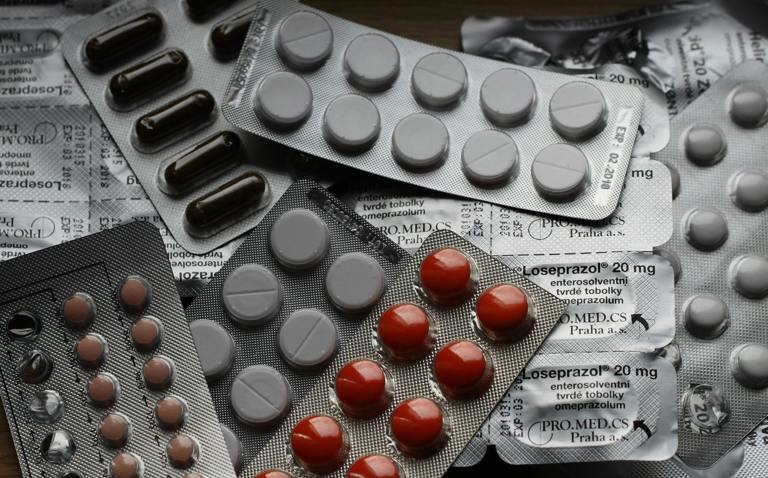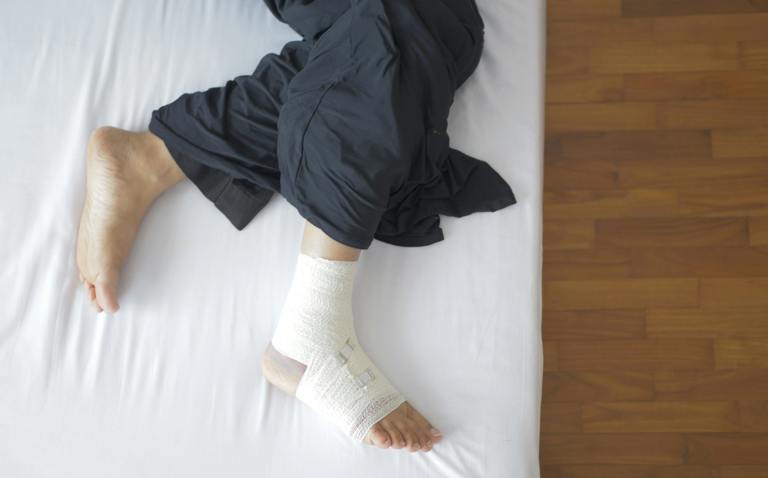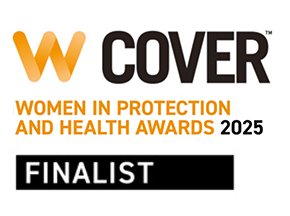In this guide, we’ve laid out the key health checks to think about at every age. We’ll explain what each one is for, when to get it, and why it matters.
Let’s start with the early years.
Birth to age 4
Health checks begin as soon as you’re born. In the early years, these are focused on development, vaccinations, and spotting rare conditions early.
- Newborn screening
Shortly after birth, babies are tested for rare conditions through a heel-prick blood test. This helps detect problems like cystic fibrosis or metabolic conditions early on.
- Hearing test
Usually done in the first few weeks to make sure your baby’s hearing is developing normally.
- Routine vaccinations
Starting from 8 weeks, your child will be offered several vaccinations, including those for diphtheria, tetanus, polio, meningitis, and measles, mumps and rubella (MMR). These continue up to age 4.
- Development checks
These happen during scheduled appointments with a public health nurse or GP. They check growth, motor skills, and communication milestones.
- Emotional wellbeing
Health professionals also keep an eye on your child’s behaviour and how they respond to people and surroundings. If there are any concerns, it could point to factors affecting their emotional wellbeing, and extra support may be offered.
- Awareness of neurodivergence
Early checks may also look at signs that a child might process the world differently, such as communication, social interaction or behaviour patterns. If needed, your GP or health visitor can guide you towards further assessment and support.
Age 5 to 12
Once kids are in school, check-ups slow down a bit. But some key checks are still offered.
- Vision screening
Around age 5 or 6, children usually get their eyesight checked. Spotting vision problems early can help with learning and confidence at school.
- Hearing screening
May be offered again, especially if there were concerns earlier or if a child is having trouble hearing in class.
- Vaccinations
Boosters for earlier childhood vaccines are offered around ages 4 or 5. At around age 12, girls and boys are also offered the HPV vaccine to help prevent cervical cancer and other cancers linked to HPV.
- Growth and development
Your GP or school may monitor your child’s growth to check for signs of early puberty, thyroid issues or other conditions.
Teenagers and young adults (13–24)
This is a stage when bodies are changing fast. Hormones, growth, mental health and sexual health all come into play. Regular health checks can help spot any early issues and build healthy habits for the future.
- Mental health screening
This is a time when conditions like anxiety, depression or eating disorders may first appear. GPs may ask about mood, sleep and appetite. It’s important to speak up if something doesn’t feel right.
- Sexual health
If you’re sexually active, it’s a good idea to get regular STI tests. Some STIs, like chlamydia, don’t have symptoms but can affect fertility later.
- HPV vaccine
If not given earlier, this may still be offered up to age 25.
- Smear test (women)
Routine cervical screening is not offered under age 25 in the Republic of Ireland. If you have symptoms like unusual bleeding, discharge, or pain, your GP can examine you and refer you to a colposcopy clinic if needed, but a smear test would not usually be done before 25.
- Routine vaccinations
Boosters for tetanus, diphtheria and polio are often given during the teenage years. The MenACWY vaccine may also be offered to help prevent meningitis.
- Weight and BMI
GPs may track your weight and height to check for signs of underweight or overweight, especially during puberty.
- Asthma or allergy reviews
If you have asthma or hay fever, regular reviews help check that your treatment is working.
- Skin health
Acne is common in your teens and early 20s. While usually mild, it can lead to scarring if left untreated. Most cases can be managed with treatment from your GP. In some situations, they may refer you to a dermatologist for extra support.
Adults aged 25 to 39
This is when people often feel well and may not think about health checks. But screening and check-ups now can help prevent bigger problems later.
- Cervical screening (women)
The NHS Cervical Screening Programme starts at age 25 and repeats every 3 years until 49.
- Sexual health screening
If you’re sexually active and not in a long-term relationship, it’s worth having regular STI checks. Services are usually free at sexual health clinics across both countries.
- Mental health
Anxiety, depression and work-related stress are common in this age group. It’s important to talk to your GP if you’re feeling low or overwhelmed. They may offer support or refer you to counselling or therapy.
- Blood pressure check
High blood pressure often has no symptoms. A simple test can pick it up early and help reduce the risk of heart problems later. You can get this done at your GP or some pharmacies.
- Cholesterol test
If you have a family history of heart disease, are overweight, smoke, or have other risk factors, your GP may suggest a blood test to check your cholesterol.
- Skin and mole checks
If you have lots of moles or notice changes in one, get it looked at. Skin cancer is one of the most common cancers in young adults, and early detection makes a big difference.
- Contraception and fertility advice
Your GP or a sexual health clinic can help you find the right contraception for your needs or talk to you about fertility if you’re planning a pregnancy in the future.
- Vaccinations
- Flu vaccine: Recommended yearly if you’re in a risk group (e.g. asthma, diabetes).
- MMR: If you missed any childhood vaccines, you can still get these as an adult.
- COVID-19 boosters: Offered to higher-risk groups.
Adults aged 40 to 64
This is a key stage for long-term health. Some health risks increase with age, but regular checks can help spot problems early or even stop them from developing.
- Blood pressure check
High blood pressure is common in this age group. It raises the risk of stroke, heart disease and kidney problems. A quick arm cuff test at the GP or pharmacy can spot it early.
- Cholesterol test
A blood test can show if your cholesterol levels are high. This check is often offered as part of a full health check. High cholesterol can increase the risk of heart attack or stroke.
- Diabetes screening
Type 2 diabetes is more likely from age 40. Your GP may check your blood sugar, especially if you are overweight, have a family history, or had gestational diabetes in pregnancy.
- Breast screening (women)
The NHS Breast Screening Programme invites women aged 50–69 every 2 years. Screening helps detect early signs of breast cancer, often before a lump can be felt.
- Bowel cancer screening
BowelScreen invites people aged 59 to 69 to complete a home test every 2 years.
- Eye test
From age 40, some people are at risk of glaucoma, especially if it runs in the family. An eye test every 2 years can pick this up early.
- Hearing test
Hearing can start to decline in your 40s and 50s. A simple test can help you stay connected and spot early signs of hearing loss.
- Menopause and midlife health (women)
As hormone levels fall, the risk of osteoporosis and heart disease can rise. If you are struggling with symptoms, or your periods stop earlier than expected, it’s a good idea to talk to your GP. They may suggest HRT, lifestyle changes, or other ways to help protect your long-term health.
- Prostate health (men)
There’s no routine screening for prostate cancer, but if you’re over 50, have symptoms (like needing to pee more often or during the night), have a family history of prostate cancer, or are of Black ethnicity, it’s worth talking to your GP. They may offer a PSA blood test or other checks to help assess your risk.
- Mental health
Stress, burnout, or low mood are common, especially during busy working years or family responsibilities. Don’t ignore signs of anxiety or depression; support is available.
- Weight, BMI and waist size
Carrying extra weight around your middle increases the risk of diabetes and heart disease. Your GP may offer advice or refer you to a dietitian or local support service.
Age 65 and over
Health needs can change as you get older. Regular checks can help maintain your independence, manage any conditions, and improve your quality of life.
- Annual flu vaccine
Offered free every year to all over-65s in the Republic of Ireland. It helps protect against serious flu complications.
- Pneumococcal vaccine
Protects against pneumonia, blood infections, and meningitis. It’s a one-off jab offered to most people at age 65.
- Shingles vaccine
Offered to people aged 65–70.
- Blood pressure, cholesterol, and diabetes checks
These remain important and are often part of an annual review if you have an existing condition or are on regular medication.
- Bone health (osteoporosis screening)
Bone thinning is more common with age, especially in postmenopausal women and people with a family history. A GP may assess your fracture risk or arrange a bone density (DEXA) scan.
- Bowel cancer screening
Continues up to age 74 in most areas. Some people may be able to request a kit beyond this age.
- Hearing and vision checks
Routine hearing and eye tests help with communication and reduce the risk of falls or isolation. These are free for over-60s in many places.
- Cognitive screening
If memory problems or confusion develop, your GP may do simple tests to check for signs of dementia. Early diagnosis can help with support and planning.
- Mobility and falls assessment
If you’re feeling unsteady or have had a fall, your GP or a falls clinic can assess your balance and strength. They may suggest physiotherapy or home safety changes.
- Emotional wellbeing
Mental health needs can be missed in older adults. Bereavement, health worries, loneliness, or big life changes can all have an impact. If you feel low, anxious, or are struggling to cope, it’s important to reach out for help; your GP can support you.
- Social support
Your GP or community nurse can help if you’re feeling lonely, struggling at home, or need support with daily tasks. You may be referred to social services, a home support team, or local charities.
Not sure where to start with health checks? Book a chat with a HealthHero doctor and get clear, friendly guidance.
All information is correct as of April, 2025.

